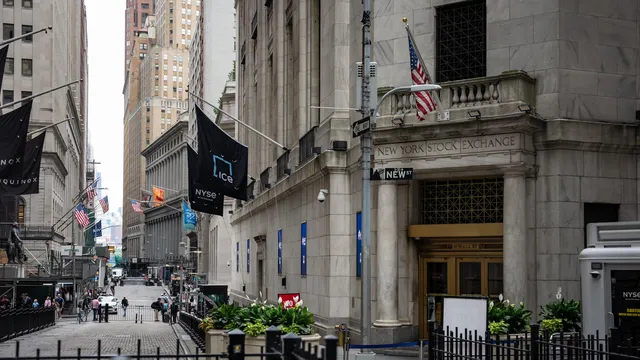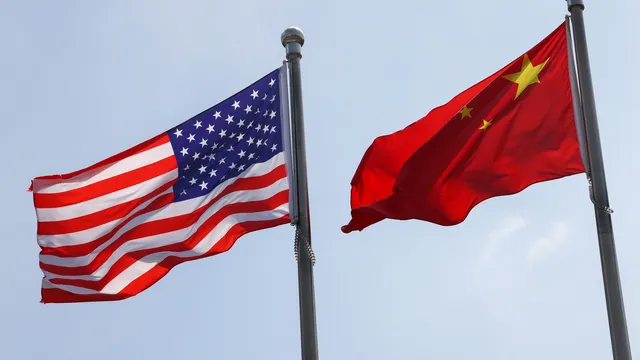Most Asian stocks rose following the extension of the tariff pause between the US and China, with Japanese shares reaching a historic high, led by the technology sector after a long holiday weekend, Reuters reported. US President Donald Trump extended the tariff truce with China for another 90 days, delaying the imposition of triple-digit tariffs on Chinese goods — a move anticipated by investors and markets.
Investor sentiment in recent weeks has been supported by expectations of interest rate cuts by the Federal Reserve, stable corporate earnings in the US, and greater clarity regarding trade tariffs. The Japanese Nikkei index jumped 2% to a record level as trading resumed after the holiday, while the Australian benchmark also reached a historic peak ahead of a central bank meeting expected to lower interest rates.
The broad MSCI index for Asia-Pacific excluding Japan rose slightly, while leading Chinese stocks remained unchanged, and Hong Kong’s Hang Seng fell by 0.1%. Markets remain range-bound, awaiting whether the US and China will strike a lasting trade agreement or if there will be new disruptions in global supply chains.
Shane Oliver, Chief Economist at AMP, commented that the extension of the tariff pause currently maintains the status quo and has no immediate consequences for investment markets. Throughout the year, the US and China engaged in a trade war that led to negotiations in Geneva, London, and Stockholm aimed at reducing high retaliatory tariffs.
This current extension allows investors to focus on an important week featuring US inflation data, a decision from the Reserve Bank of Australia, and the first meeting between the US and Russian presidents since June 2021. Markets expect a 25 basis point rate cut by the Reserve Bank of Australia, with attention focused on the bank’s statements and forecasts.
Regarding global data, US inflation will be a key indicator. Forecasts predict a 0.3% monthly increase in the core Consumer Price Index (CPI) for July, compared to 0.2% in the previous month. Mark Velan, Head of Investments at Lucerne Investment Management, noted that weaker data would support small companies, but large corporations still dominate the market.
A possible inflation spike could reduce expectations for Federal Reserve rate cuts this year. Investors anticipate at least two reductions in 2025, while J.P. Morgan expects four consecutive cuts starting in September.
In commodities, the price of gold fell nearly 1.6% to $3,354 after Trump stated that tariffs on imported gold bars would not be imposed. Oil prices remained stable ahead of the August 15 meeting between Trump and Russian President Vladimir Putin, aimed at negotiating an end to the war in Ukraine. This discussion takes place amid increased pressure from the US on Russia, including possible sanctions if no peace agreement is reached.
According to Velan, the market does not expect significant outcomes from the meeting, but any change in geopolitical tone could impact commodities and certain assets in emerging markets. Currencies remained stable in early trading, with the dollar holding steady against the euro and yen. Cryptocurrencies Bitcoin and Ether slightly declined after gains in the previous session. |BGNES

 Breaking news
Breaking news
 Europe
Europe
 Bulgaria
Bulgaria







